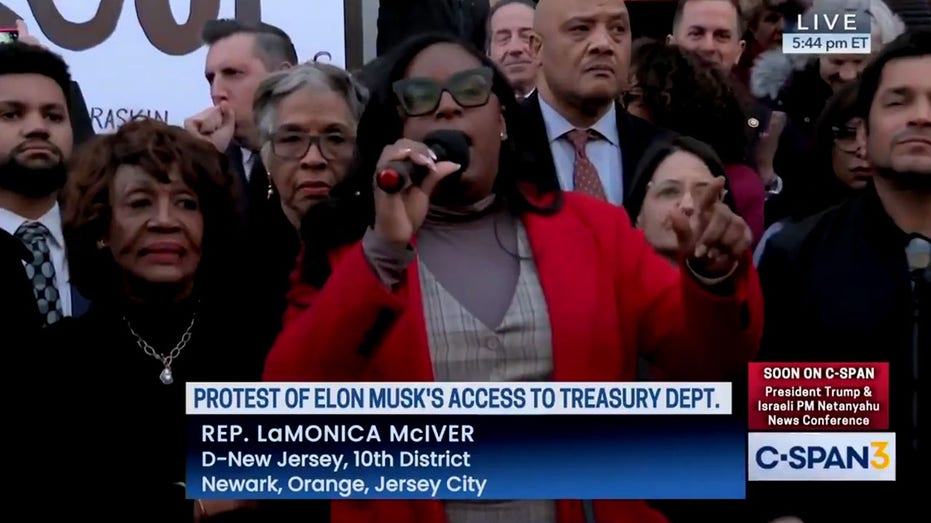Autumn Budget 2024: Labour abolishes non-dom tax status
The Labour government has confirmed plans to scrap the non-dom regime despite a last ditch effort from the community and its advisors to warn against the move. As part of the Budget, Rachel Reeves confirmed she would fulfil the promise made in Labour’s manifesto to remove the tax status, in a move that one advisor [...]


The Labour government has confirmed plans to scrap the non-dom regime despite a last ditch effort from the community and its advisors to warn against the move.
As part of the Budget, Rachel Reeves confirmed she would fulfil the promise made in Labour’s manifesto to remove the tax status, in a move that one advisor dubbed a “colossal misjudgement”.
“I have always said that if you make Britain your home, you should pay your tax here. So today, I can confirm, we will abolish the non-dom tax regime and remove the outdated concept of domicile from the tax system from April 2025,” Reeves said in her speech.
In its place, the Chancellor will introduce a residence-based scheme, which will provide incentives to investors and wealthy foreigners to come to the UK temporarily. But it is likely to have a considerably shorter sunset period than the 200-year-old scheme it is replacing.
Reeves added: “We will introduce a new, residence based scheme with internationally competitive arrangements for those coming to the UK on a temporary basis while closing the loopholes in the scheme designed by the party opposite. To further encourage investment into the UK, we will also extend the Temporary Repatriation Relief to three years and expand its scope bringing billions of pounds of new funds into Britain. The independent Office for Budget Responsibility say that this package of measures will raise £12.7bn over the next five years.”
Temporary Repatriation Relief is a vehicle that incentivises wealthy foreigners to bring capital and gains into the UK at a reduced rate.
The decision ends months of speculation around the fate of the regime, which has been the subject of heated debate since the new government was elected.
The Labour Party first unveiled plans to scrap the non-dom policy in 2022, arguing that those who claimed the tax status who had made the UK their permanent home should pay taxes as an ordinary UK citizen would.
The Conservative Party then announced similar plans in the latest Spring Budget, in a move many saw as a political attempt nullify a revenue raising pledge Labour hoped to use for public services in its manifesto.
In its manifesto, Labour went further than the Conservatives’ policy, removing a carve out that then-Chancellor Jeremy Hunt instigated which allowed assets held in a foreign trust to be free from inheritance tax.
The move solicited a frenzy of warnings from non-doms and their advisors that they would leave were the government to go ahead with plans. It also led to a furious lobbying effort, culminating in the establishment of the community’s first ever industry body, Foreign Investors for Britain.
Reacting to the news, Marcelo Goulart, managing partner at Zurich-based wealth advisor First Alliance, said: ““The overhaul in the non-dom regime is a colossal misjudgement and has exacerbated the damage that has already been done to the UK’s reputation as a prime jurisdiction for wealthy international people setting up homes and businesses. 80% of my clients have already left the UK or are taking steps to leave before 6 April 2025. Italy and Switzerland are leading destinations of choice.”
And Anthony Whatling, Managing Director at Alvarez & Marsal said: “The Chancellor has confirmed the end of the “non-dom” tax regime, as we expected, from April 2025. It is promising to hear that there are some concessions, with the extension to the temporary repatriation facility, which will allow non-doms to bring their historic income and gains to the UK at a reduced rate of tax.
“We will need to see the detail to see whether this will be enough to satisfy those non-doms who had been considering leaving the UK ahead of the new rules coming into force.”



